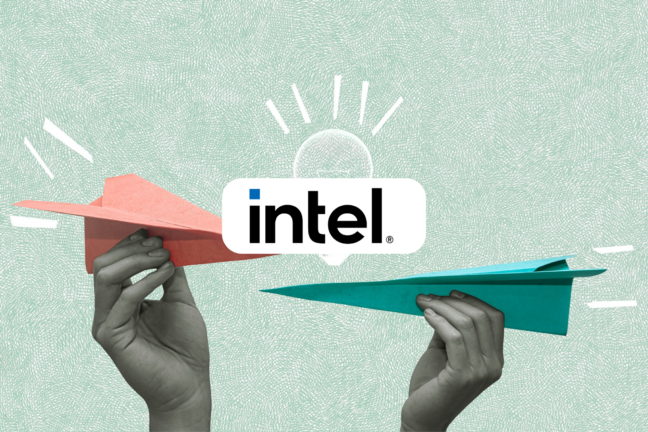Generative AI has led to a surge in marketing content as the holiday season approaches, traditionally a high-demand period for marketing materials. However, a recent Aprimo survey indicates that consumers feel overwhelmed by the sheer volume of messages they encounter during this time. This challenges marketers, as the increased content can be a double-edged sword, potentially leading to message fatigue among consumers.
According to the 2023 Aprimo Holiday Content Survey, 85% of adults surveyed stated that holiday-related content plays a role in shaping their buying choices. However, 58% also mentioned that the substantial surge in content during the holiday season contributes to their stress. When brands overwhelm them with excessive content, respondents are swift to take action, including unsubscribing from email lists and leaving negative reviews.
“The survey’s biggest takeaway is that people notice a huge surge in marketing content around the holidays, and this is a double-edged sword,” “It drives people to find deals and make more purchases, but brands also run the risk of overdoing it and turning people off, leading to consumers unsubscribing from email lists or developing a negative impression of a brand,” said Erik Huddleston, Chief Executive Officer of Aprimo.
As retailers are gearing up with new AI-powered strategies to boost profit in this year's holiday season, they should take into account the amount of marketing content they provide to consumers so as not to overdo it.

Excessive marketing leads to unsubscription
Approximately 31% of consumers have unsubscribed from brand communications due to excessive holiday marketing, and 15% have gone as far as posting negative reviews online in response.
Despite their mixed feelings about holiday content, 85% of consumers acknowledge that it does impact their purchasing decisions, and nearly half (49%) are particularly drawn to content that focuses on promotions and discounts.
Regarding marketing content during the holiday season, shoppers tend to prefer deals and contests over sentimental messages. Content that offers an enticing discount or promotion is over three times more likely to influence respondents compared to content aiming to create an emotional connection.
Among various content channels, consumers are most influenced by television advertising and social media. However, they approach celebrity and influencer endorsements with caution.
The consistency of holiday messaging from brands matters to consumers, with more than half (53%) expressing a preference for brands that maintain consistency in their holiday communications.
“One way to reduce your risk as a holiday marketer is to focus on the content types your audiences respond to most—because while consumers may say they don’t want sentimentality in holiday content, the survey shows they do embrace traditional content formats. Brands that are consistent in their messaging have the best chance of breaking through the noise while not rubbing customers the wrong way,” concluded Huddleston.









